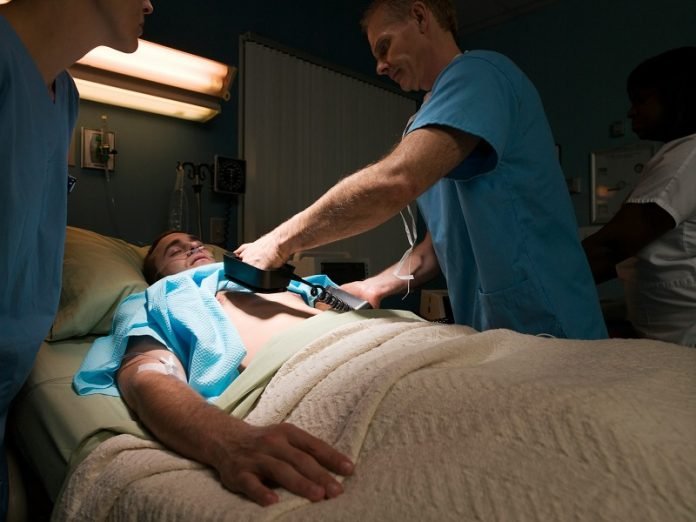
Capacitors are crucial components in many electronic devices, from life-saving pacemakers to electric vehicles.
These components are responsible for storing and swiftly releasing energy, which is vital for the proper functioning of these devices.
Recently, scientists at the University of Twente have made a significant advance in improving the performance of capacitors, as reported in the journal Advanced Materials.
A pacemaker is a device implanted in the body to regulate heartbeats. It uses bursts of electricity to correct irregular heart rhythms and adjusts its output based on the body’s activity, such as during exercise.
The electricity for these bursts comes from a capacitor, which must charge and discharge quickly and frequently.
The research team, led by Minh Duc Nguyen, focused on enhancing the capacitors used in such medical devices.
They aimed to boost how much energy these capacitors can store and how efficiently they can use this energy. Their goal was also to increase the capacitors’ life span, reducing the need for frequent replacements.
The team developed a new design for capacitors that involves layering multiple thin materials together. This approach significantly improved the capacitors’ efficiency—over 90% of the electrical energy stored is successfully used, which is a remarkable improvement over current designs. Additionally, these capacitors experience less energy loss during operation, losing less than 10% of the energy, which is half the loss seen in traditional capacitors.
These improved capacitors can operate under a wide range of temperatures, from 25°C to 200°C, and can charge and discharge up to 10 billion times. This would allow a capacitor to function for more than 300 years if used once every second, making them especially suitable for long-term applications like pacemakers.
Moreover, the research team established some rules for optimizing the combination of materials used in these capacitors. These rules could be applied to other types of capacitors as well, potentially leading to even more enhancements in energy storage.
This development is a big step forward in capacitor technology, promising more efficient, durable, and longer-lasting capacitors.
Such improvements could have wide-reaching impacts, enhancing everything from medical devices to clean energy solutions.



